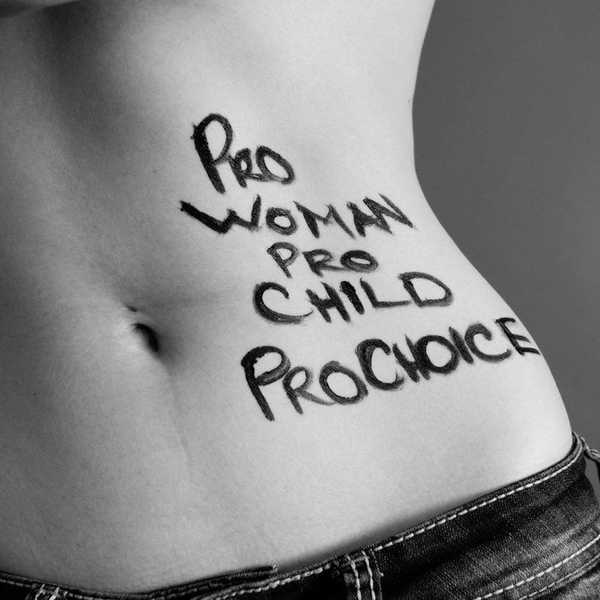Despite the fact that teen pregnancy is 100% preventable, it is still an epidemic in the United States; 24.2 out of every 1,000 babies are born to a mother aged 15 to 19 in the U.S. Worldwide, just seven countries: Bangladesh, Brazil, the Democratic Republic of the Congo, Ethiopia, India, Nigeria and the United States, account for 50% of all teen pregnancies. As the 9th wealthiest country in the world, it is outrageous that the U.S. is contributing so largely to the epidemic. Although one’s age is no indication of their ability to parent, it is proven that teen parents and their children are more likely to be incarcerated, drop out of high school and live in poverty. Comprehensive sex education and access to contraception are keys to preventing teen pregnancy, and that's where the U.S. has failed.
Sex education in the U.S. is horrendous; there is no required curriculum and information students are provided varies state by state. Because sex is seen as a taboo and inappropriate subject for young students, 37 states allow for medically inaccurate information to be taught in public schools and only 18 states require education surrounding contraception. Research shows that educating young people about sex does not result in them having sex earlier but, instead, prepares them to act responsibly when they do decide to. Sex education in the U.S., however, is more likely to encourage abstinence than it is to encourage safe sex. Abstinence-only education leaves students with many questions that only get answered by peers or porn which, for obvious reasons, are not the most accurate representations of sex.
The sex habits of teens in the U.S. do not differ greatly from the habits of those in other developed countries. 50% of young women in Canada, Sweden, Great Britain, and the U.S. had their first intercourse between the ages of 17.1 and 17.5, but the teen pregnancy rate in the U.S. is twice as high as Canada's and Great Britain's and four times as high as Sweden's. Sexually active teens are not the problem, unreliable education is.
Along with education, providing teens with accessible contraception is absolutely crucial in fighting this epidemic. Many forms of contraception such as hormone pills, hormone injections, IUDs, diaphragms and condoms are available in the U.S., but are not always accessible to young people. Studies show that teens are less likely to obtain contraception if they have to tell their parents, but only 21 states explicitly allow minors to consent to contraceptive services, in all other cases, parents must consent on behalf of their child. Making contraceptive services accessible and affordable to young people will empower them to protect themselves and take charge of their bodies.
There is no more room for excuses. Education reforms and accessible contraceptives are simple solutions to a large problem. To learn more about unwanted/teen pregnancies and what you can do to support reproductive health and rights in the U.S. and worldwide, visit www.guttmacher.org.





















